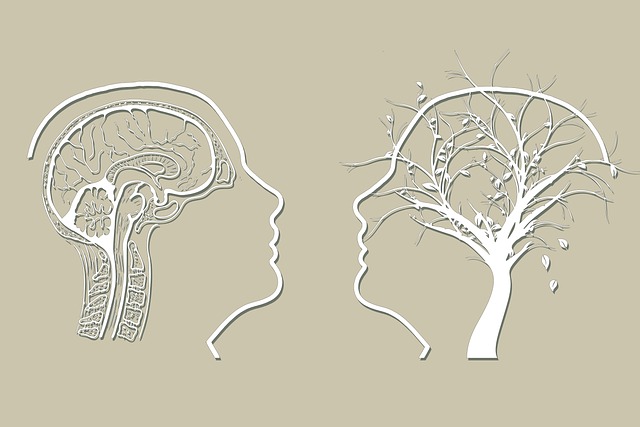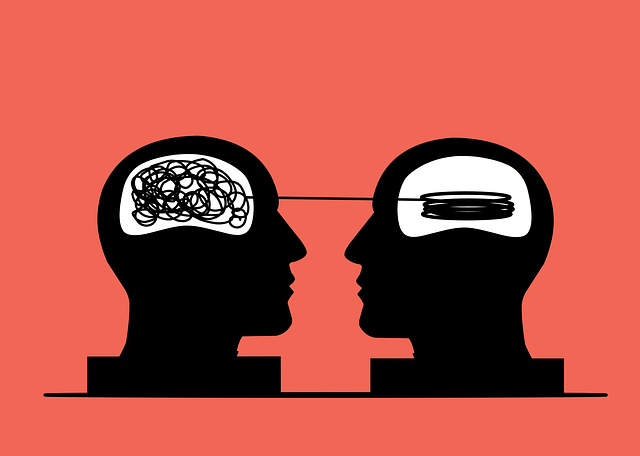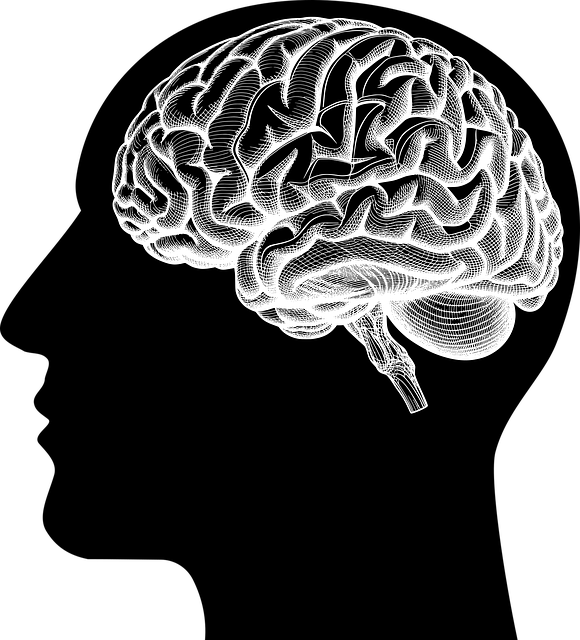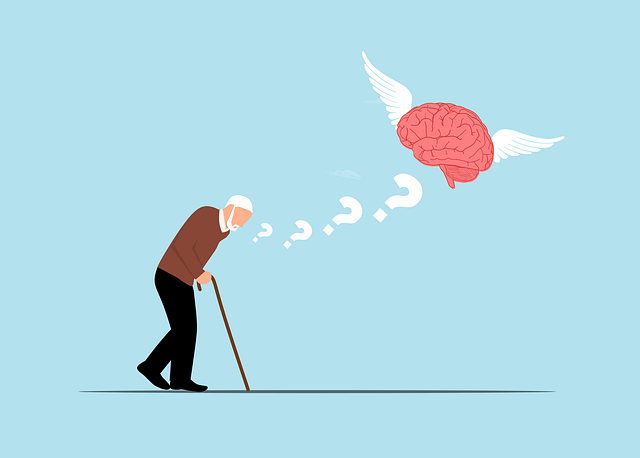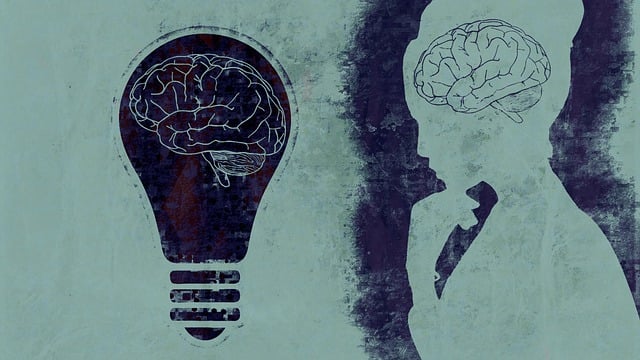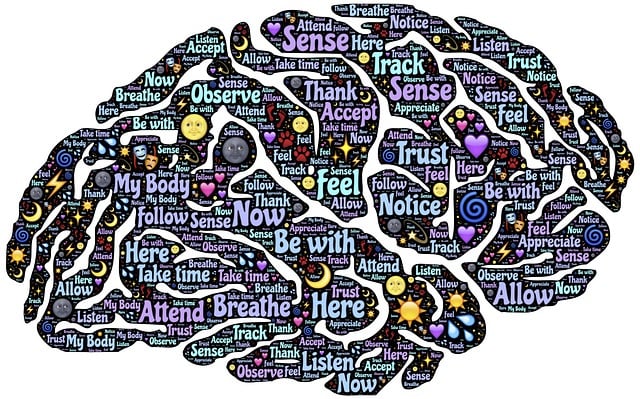Aurora Functional Neurological Disorder (AFND) Therapy focuses on improving social skills through targeted training, managing symptoms and enhancing mental well-being. This approach addresses challenges in social interactions due to FND's impact on motor, sensory, and cognitive functions, empowering patients with coping strategies and emotional regulation techniques. By learning practical tools like role-playing and mindfulness practices in safe environments, AFND patients build confidence, improve communication, and cultivate deeper connections, significantly enriching their mental well-being and quality of life.
Social skills training is a powerful tool for managing mental health conditions, particularly for individuals with Functional Neurological Disorders (FND). This article explores the intricate relationship between social interactions and mental well-being, delving into specific challenges faced by those with FND. We highlight the innovative role of Aurora therapy in enhancing social skills and offer practical strategies for daily life, providing valuable insights for professionals and caregivers supporting individuals on their journey towards improved social connections. Discover how targeted training can foster better communication and relationships, ultimately benefitting mental health outcomes, especially in the context of Aurora functional neurological disorder therapy.
- Understanding Social Skills and Their Impact on Mental Health
- Identifying Challenges in Social Interaction for Individuals with Functional Neurological Disorders (FND)
- The Role of Aurora Therapy in Enhancing Social Skills
- Practical Strategies for Daily Life: Applying Social Skills Training Techniques
Understanding Social Skills and Their Impact on Mental Health

Social skills are a fundamental aspect of human interaction and play a pivotal role in our mental health and well-being. They encompass a range of abilities, from effective communication and active listening to empathy and conflict resolution. For individuals living with mental health conditions like Aurora Functional Neurological Disorder (AFND), understanding and enhancing these skills can be transformative. AFND therapy often incorporates social skills training as a crucial component of treatment.
This approach recognizes that social interactions are complex and can either exacerbate or mitigate symptoms. By teaching and reinforcing positive social behaviors, individuals with AFND can improve their relationships, boost self-esteem, and develop coping strategies for managing crises. Crisis intervention guidance, burnout prevention, and emotional regulation are key areas where social skills training proves invaluable. It equips them with the tools to navigate social situations confidently, fostering a sense of belonging and improving overall mental health outcomes.
Identifying Challenges in Social Interaction for Individuals with Functional Neurological Disorders (FND)

Individuals with Functional Neurological Disorders (FND) often face unique challenges in social interactions due to their condition’s impact on motor, sensory, and cognitive functions. These disorders can lead to difficulties in understanding social cues, maintaining eye contact, or engaging in conversations, which may result in feelings of isolation and anxiety in social settings. The complex nature of FND means that each person’s experience is distinct; some might struggle with speech impediments, while others may have issues interpreting body language or facial expressions.
In Aurora Functional Neurological Disorder Therapy, recognizing these challenges is the first step towards improving social skills. Emotional Well-being Promotion Techniques and Stress Management Workshops Organization can play a vital role in helping individuals with FND build confidence and resilience in social situations. Through Coping Skills Development, patients learn to navigate social interactions more effectively, thereby enhancing their overall emotional well-being and quality of life.
The Role of Aurora Therapy in Enhancing Social Skills

Aurora Functional Neurological Disorder (AFND) Therapy plays a pivotal role in enhancing social skills for individuals dealing with mental health conditions. Through innovative approaches, AFND targets specific neurological pathways and cognitive processes that often underlie difficulties in social interaction. By employing Mind Over Matter Principles, therapists help clients develop effective communication strategies and build stronger social connections.
The therapy focuses on teaching practical tools and Compassion Cultivation Practices to navigate social situations more confidently. Participants learn to manage emotional responses, improve active listening skills, and interpret non-verbal cues better. As a result, they become more attuned to others’ needs, fostering deeper and more meaningful interactions. This holistic approach not only improves their mental well-being but also enriches their social lives, helping them to thrive in various settings.
Practical Strategies for Daily Life: Applying Social Skills Training Techniques

Social Skills Training Techniques offer practical strategies for individuals living with mental health conditions, such as Aurora Functional Neurological Disorder (AFND). These techniques can significantly enhance daily interactions and overall well-being. One effective approach is role-playing scenarios, where individuals rehearse social exchanges in a safe environment. This method is particularly beneficial for those struggling with anxiety or social phobias, helping them build confidence and refine their communication skills.
Additionally, teaching mindfulness practices can empower individuals to manage social situations more effectively. By cultivating present-moment awareness, they can better regulate emotions and respond thoughtfully rather than reacting impulsively. Encouraging open dialogue and providing a supportive space for practice, whether through group therapy sessions or one-on-one interactions with healthcare providers trained in cultural competency (including depression prevention strategies), ensures individuals feel heard and understood.
Social skills training, particularly tailored for individuals with functional neurological disorders (FND), offers a promising approach to improving mental health outcomes. By understanding and addressing the unique challenges in social interaction these disorders present, as discussed in this article, we can empower those affected to navigate social situations more confidently. Aurora therapy emerges as a game-changer, leveraging innovative techniques to enhance social abilities. Combining this with practical strategies for daily life enables individuals to foster meaningful connections and lead more fulfilling lives. Incorporating Aurora functional neurological disorder therapy into holistic care plans can revolutionize support systems, ultimately enhancing the overall well-being of those navigating mental health challenges related to FND.

